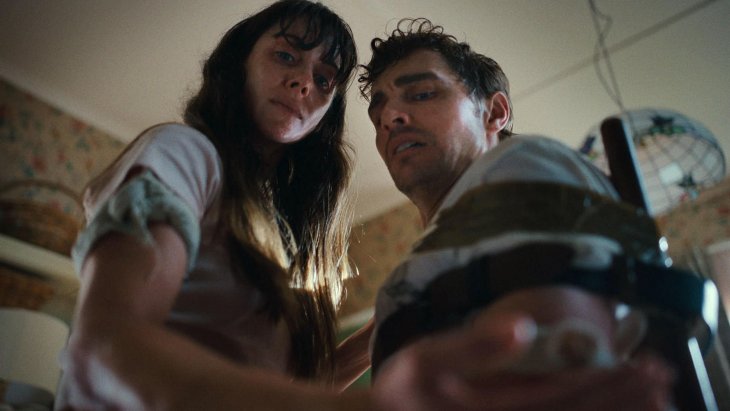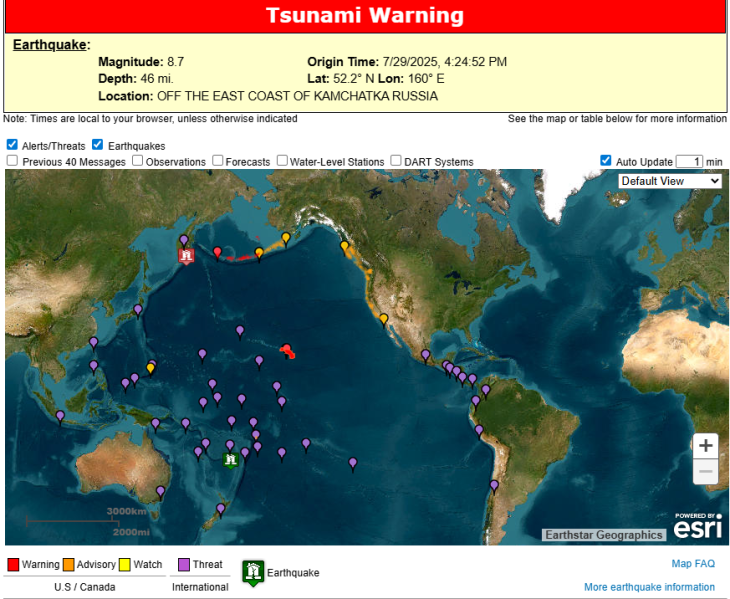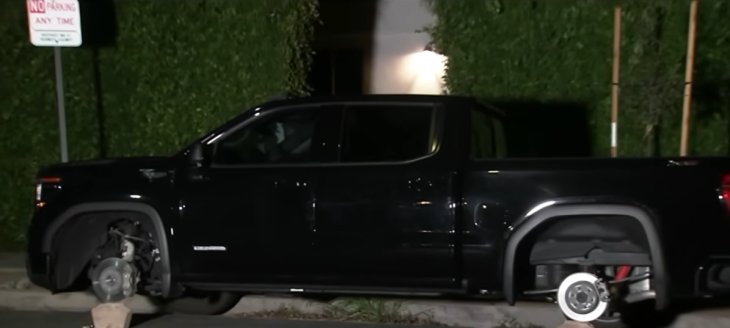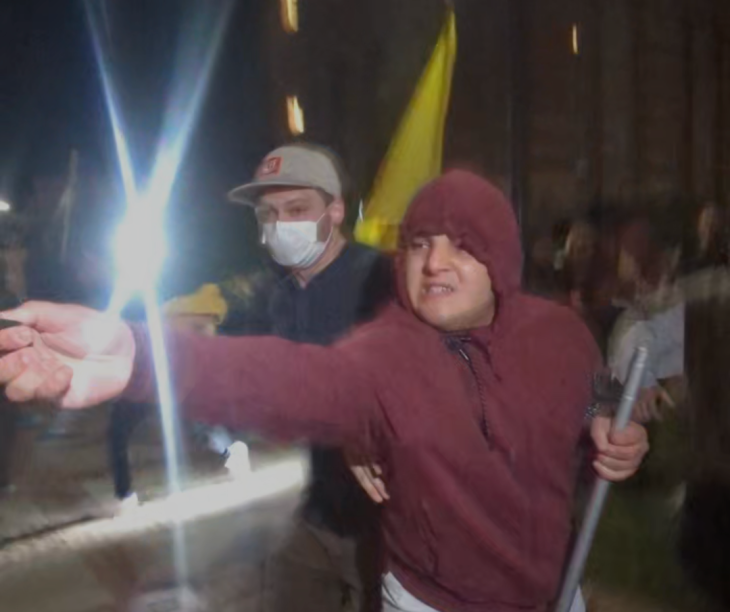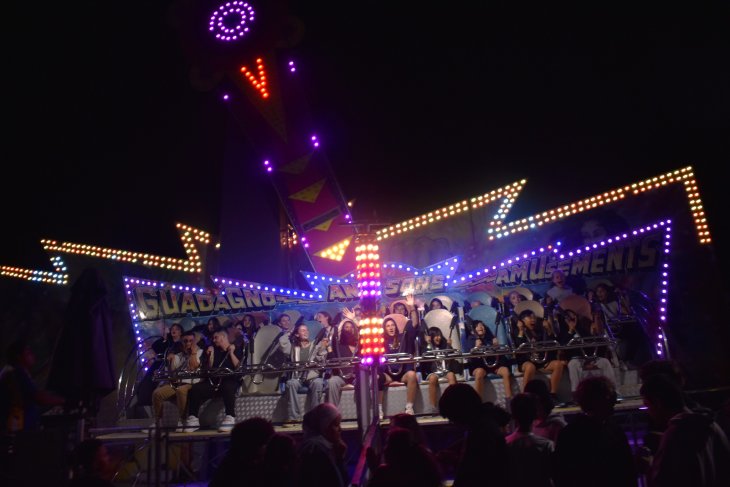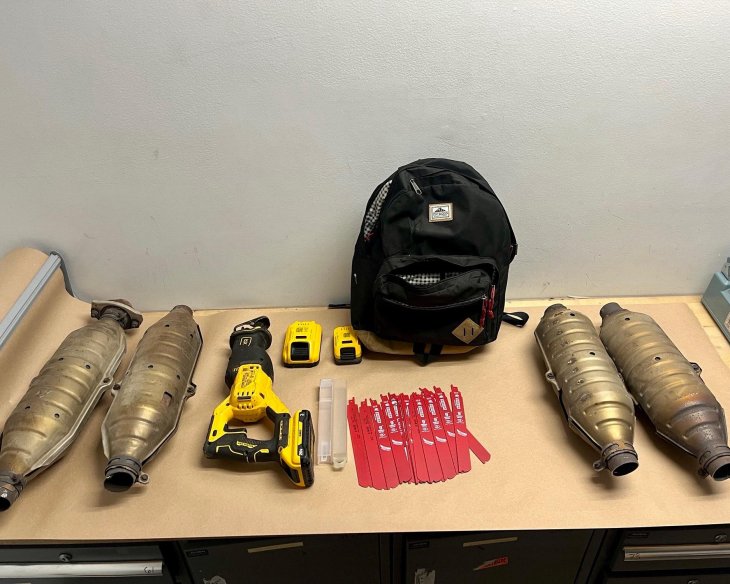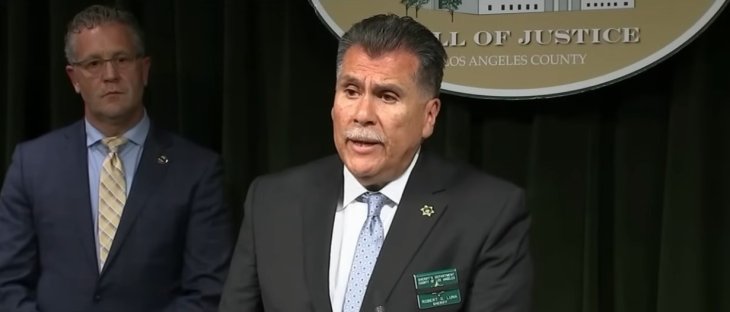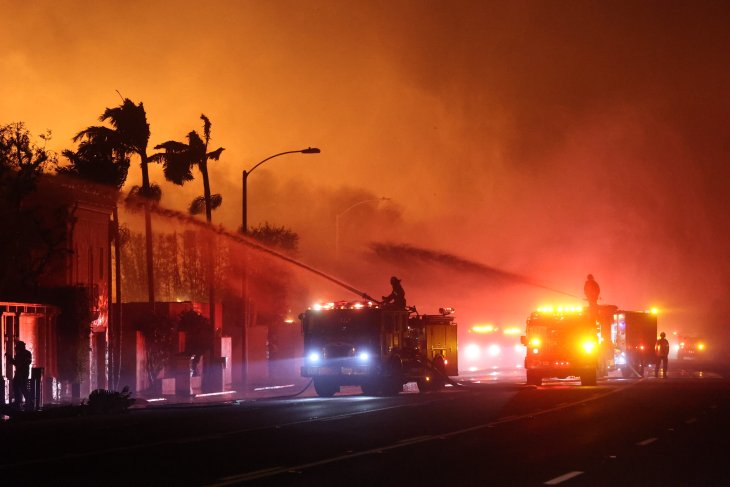Explore the Darkest Depths of Humanity in a Gripping Showcase of Bleak Cinema
Get ready for a captivating week of film as the American Cinematheque proudly presents the second annual Bleak Week: Cinema of Despair. This weeklong event will showcase some of the greatest films from around the world, delving deep into the darkest aspects of humanity and exploring the bleakest moments in human history. The program’s lineup features a harrowing yet powerful selection of films that employ stark imagery, unimaginable tragedies, existential fear, nihilism, and shocking acts of brutality. These films, crafted by renowned filmmakers who embrace a cinema of despair, offer a raw portrayal of unpleasant truths and evoke deep empathy.
This year’s festival boasts a diverse lineup of 35 films spanning various genres and time periods, representing 20 countries, including Argentina, Australia, Austria, Finland, France, Hungary, Iran, Italy, Japan, Mexico, Romania, Russia, Senegal, Soviet Union, Spain, Sweden, Taiwan, UK, USA, and West Germany. The iconic Hungarian filmmaker Béla Tarr will grace the festival as the guest of honor, participating in special Q&A sessions and introductions. The festival will launch at the Aero Theatre with a special screening of Sydney Pollack’s 1969 depression-era masterpiece, “They Shoot Horses, Don’t They?” and a Q&A session featuring actor Bruce Dern. This event serves as a fitting tribute to Pollack, one of the original founders of the American Cinematheque in 1984.
Also at The Aero Theatre, one of Bleak Week’s many highlights is the West Coast Premiere of the new 4K restoration of Tarr’s masterpiece, “Werckmeister Harmonies” (2000), presented by Janus Films. The event will conclude on Wednesday, June 7th, with Tarr’s “The Turin Horse” (2011) screening, followed by a Q&A session. You can purchase tickets for the film series and find more information at the American Cinematheque website.
Filmmaker Béla Tarr expressed his excitement about the upcoming retrospective, stating, “Hi LA! It will be nice to see you again after a very long time. I am curious how you are now and what is going on in the town! I hope we will have a good meeting and we will spend a good time together. See you there!”
The opening night selection at the Los Feliz 3 draws inspiration from Tarr’s groundbreaking work. The evening will commence with Gus Van Sant’s “Gerry” (2002), the first film in the director’s “Death Trilogy,” paying homage to Tarr’s distinctive style. Later that evening, audiences can experience the West Coast Premiere of the new 4K restoration of “Twilight” (1990), directed by Hungarian auteur György Fehér, who is a regular collaborator with Béla Tarr, courtesy of Arbelos Films.
The program continues with Leo McCarey’s surprisingly bleak 1937 film “Make Way For Tomorrow,” a work famously described by Orson Welles as being capable of “making a stone cry.” Additionally, the lineup includes the 50th-anniversary screening of “The Friends Of Eddie Coyle,” a classic of American cinema, paired with Rainer Werner Fassbinder’s “Fox And His Friends” (1975), forming a double feature that explores some of cinema’s most infamous friendships.
Joining Fassbinder are several other arthouse masters, including Kenji Mizoguchi, whose “The Life Of Oharu” (1952) portrays the unbearable struggles faced by a woman during Japan’s Edo period. Ousmane Sembène’s groundbreaking films “Borom Sarret” (1963) and “Black Girl” (1966) depict the tragic fates of their protagonists, exposing the social injustices prevailing in the supposedly postcolonial 1960s world.
The festival welcomes Mexican auteur Arturo Ripstein for his Bleak Week debut as part of the ongoing ‘The Latin American Canon of Cruelty’ series, presenting his film “Bleak Street” (2015). This gripping work follows two elderly prostitutes on the run after an incident involving twin wrestlers. Additionally, Mikko Niskanen’s rediscovered 1972 Finnish masterpiece “Eight Deadly Shots”, a five-hour examination of impoverished farmers in conflict with oppressive law enforcement, promises to deliver brutal consequences.
The festival will screen the films of Catherine Breillat “Fat Girl” (2001), Warwick Thornton “Samson And Delilah,” (2009), Samira Makhmalbaf “Blackboards,” (2000), and Tsai Ming-liang “The River,” (1997), each offering poignant depictions of modern alienation and the trauma experienced by youth worldwide.
Returning to Bleak Week, Elem Klimov and Larisa Shepitko’s annual double feature of “Come And See” (1985) and “The Ascent” (1977) promises to be a viscerally devastating experience. Pier Paolo Pasolini and Ingmar Bergman also make a comeback in this year’s lineup with their uncompromising works “Teorema” (1968) and “Cries And Whispers” (1972), respectively, both tearing apart bourgeois families with excruciating precision. Lucrecia Martel’s visionary debut “La Ciénaga” (2001) further explores these themes, delving into the decay of a stagnant family during a sweltering summer.
The festival also showcases prestigious contemporary filmmakers, including Austrian director Michael Haneke, who will participate in a live virtual career conversation preceding the heavy double feature of “The Piano Teacher” (2001) and “Amour” (2012). Russian filmmaker Aleksandr Sokurov will engage in a virtual conversation, discussing his acclaimed films “Mother And Son” (1997) and “The Second Circle” (1990), which poignantly explore the tragic experience of losing a parent in breathtakingly beautiful yet overwhelmingly depressing ways.
Lastly, Cristian Mungiu will join the festival to discuss his timely work in the Palme d’Or-winning film “4 Months, 3 Weeks And 2 Days” (2007), which tells the nightmarish story of a woman who must obtain an abortion illegally during the final days of communism in Romania.
This year’s festival will also include a selection of horror films that push the boundaries of the genre. David Fincher’s “Alien³” (1992) delivers a shockingly nihilistic installment to the franchise, featuring a desolate wasteland and fatal trajectories for beloved characters. The French horror film “Baxter” (1990) immerses viewers in the mind of a murderous bull terrier, exploring pure animalistic rage. Jörg Buttgereit’s “Der Todesking” (1990) presents a series of existential vignettes, creating a tapestry of torment and despair.
Cinematic Void, the cult film series run by Jim Branscome famous for the annual series January Giallo, joins in the festival with a screening of Agustí Villaronga’s infamous “In A Glass Cage” (1986) follows a former Nazi child killer surviving a suicide attempt, confined to an iron lung and at the mercy of one of his previous victims.
Dark satire plays a significant role in this year’s lineup, featuring films from the US, UK, and Russia. The animated film “When The Wind Blows” (1986) by Jimmy T. Murakami centers around an elderly English couple comically oblivious to their impending demise from a nearby nuclear blast. Aleksei German’s delirious black comedy “Khrustalyov, My Car!”(1998) takes audiences on an absurd journey through Stalinist Soviet Union, gradually descending into an apocalyptic nightmare. Lindsay Anderson’s “Britannia Hospital” (1982), a savage satire depicting surreal events surrounding a British hospital, will be paired with Boots Riley’s equally scathing and visionary “Sprry To Bpther You” (2018) in a double feature that promises a thought-provoking experience.
Prepare for a week of cinematic exploration as ‘Bleak Week: Cinema of Despair’ exposes the depths of human existence and offers a unique perspective on the human condition through the lens of some of the world’s most influential filmmakers.


